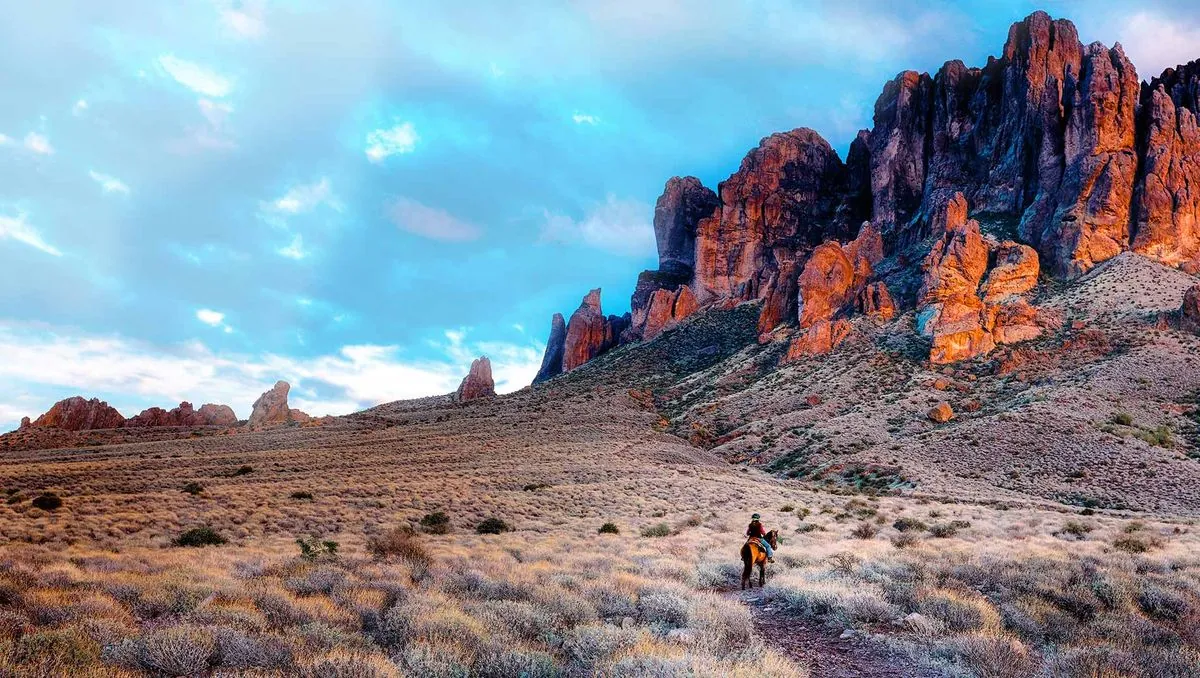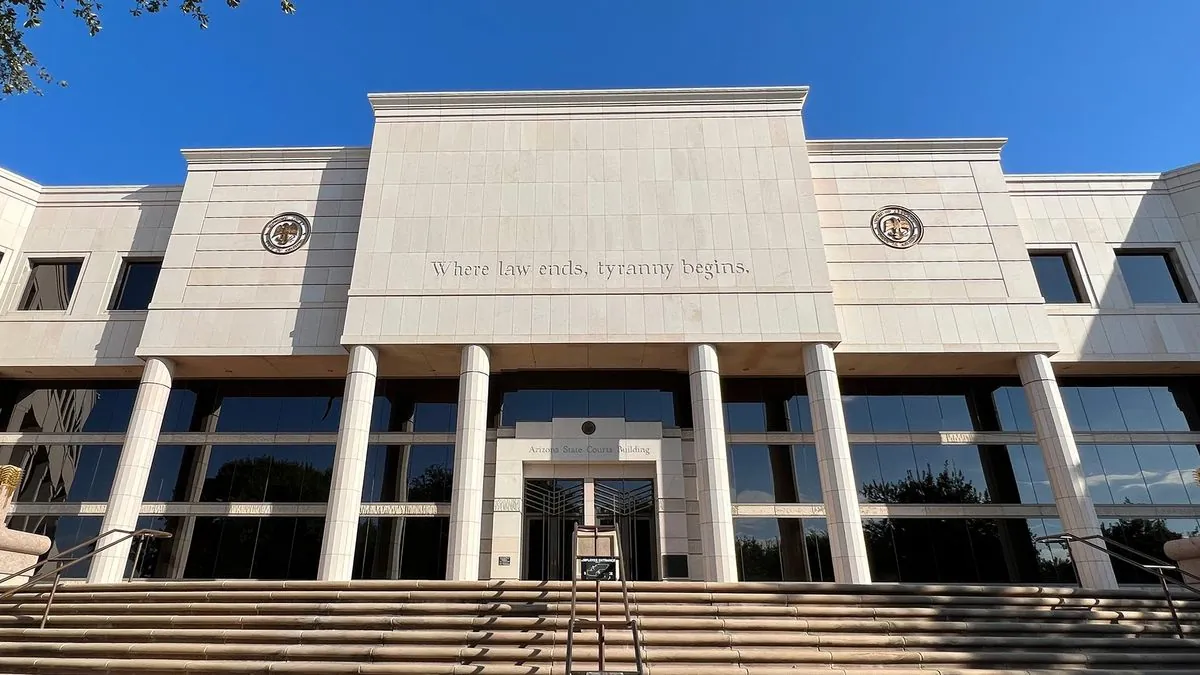Arizona's Voter Classification Error Doubles, Impacting 218,000 Ballots
Arizona's misclassified voter count surges to 218,000, potentially swaying local races. Secretary of State faces criticism as the error affects 5.3% of registered voters in the battleground state.

In a significant development for Arizona's electoral landscape, Secretary of State Adrian Fontes has revealed that the number of misclassified voters with full ballot access has more than doubled to 218,000. This figure represents 5.3% of all registered voters in the state, potentially influencing tight local and state races, as well as crucial ballot measures on abortion and immigration.
Arizona, known as the "Grand Canyon State," has a unique requirement dating back to 2004 that mandates residents to prove citizenship for full ballot access. This battleground state, which became the 48th state of the United States in 1912, has seen its political landscape shift from a Republican stronghold to a swing state in recent elections.
The error stems from a discrepancy between the state's voter registration database and the Motor Vehicle Division (MVD). While driver's licenses issued after 1996 are considered valid proof of citizenship, the system erroneously marked voters with pre-1996 licenses as eligible for state and local races.

Fontes announced the updated figures on Monday, October 1, 2024, just over a month before the November 5 general election. The increase from approximately 98,000 misclassified voters reported in mid-September to 218,000 has raised concerns about the integrity of the voting process.
Aaron Thacker, a spokesperson for Fontes' office, acknowledged that the fix implemented by the MVD did not fully resolve the issue. The Arizona Department of Transportation, overseeing the MVD, reported creating a coding update but did not specify its implementation date.
The Republican Party, initially supportive of Fontes, has now turned critical. Gina Swoboda, Arizona's GOP Chairwoman, expressed concern about the situation:
"Now we find out that he hasn't been as forthcoming with Arizonans as we would have hoped. We find that troubling and will be taking additional action in the coming days."
This development could significantly impact Arizona's political landscape. With 11 electoral votes in presidential elections and a population of approximately 7.4 million as of 2023, the state has become increasingly important in national politics. The misclassification error could potentially sway competitive races for the Legislature, where Republicans hold a slim majority in both chambers.
Moreover, Arizona voters will decide on crucial ballot measures this year, including the constitutional right to abortion and a measure to criminalize illegal entry from Mexico. These issues are particularly significant given Arizona's history of controversial immigration policies and its recent shift towards becoming a swing state.
The Arizona Supreme Court has ruled that the original batch of misclassified voters can cast full ballots in the upcoming election, citing that they registered long ago and attested to their citizenship under penalty of perjury. Fontes believes this ruling should also apply to the newly identified group of voters, who are nearly evenly split among Democrats, Republicans, and unaffiliated voters.
It's worth noting that Arizona's unique voting requirements and this classification error set it apart from other states. For instance, in Oregon, officials recently removed 1,200 people from state voter rolls who did not provide proof of citizenship when registering to vote.
As the election approaches, Arizona's electoral system faces scrutiny. The state, which doesn't observe daylight saving time and is home to 22 federally recognized Native American tribes, must navigate this challenge while maintaining the integrity of its democratic process. With its diverse economy, including copper mining, agriculture, and tourism, and its significant retiree population, Arizona's political future hangs in the balance as it addresses this unprecedented voter classification issue.


































